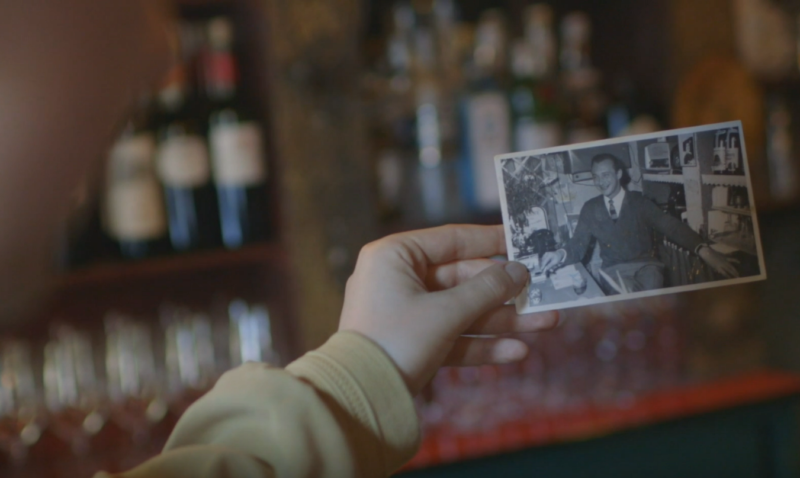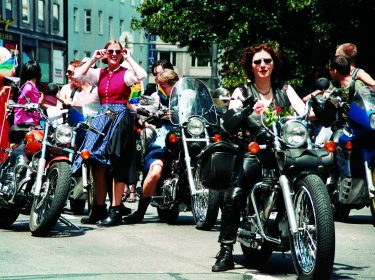The documents of queer history preserved in public archives and institutions are mostly read as a history of social stigma, pathologization, criminalization and persecution until well into the postwar period. By exhibiting alternative sources from the private or subcultural sphere, the Archive Gallery opens a new perspective on this history.
In November 2021, the Archive Gallery will present numerous documents of lesbian, gay, bi*, trans* and intersex* Munich history and culture as part of the "Archives in Residence" series. The archival materials from the holdings of Forum Queeres Archiv München e.V. suggest alternative social designs that expand heteronormative concepts of gender, identity, and sexuality.
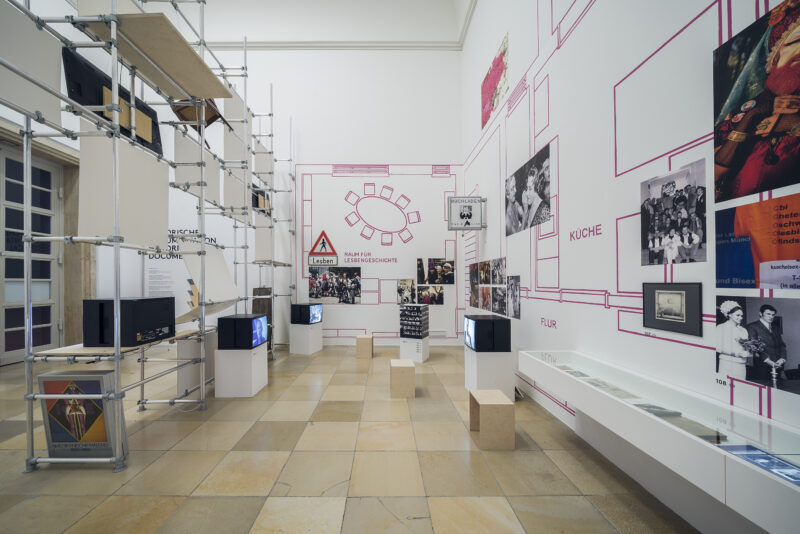
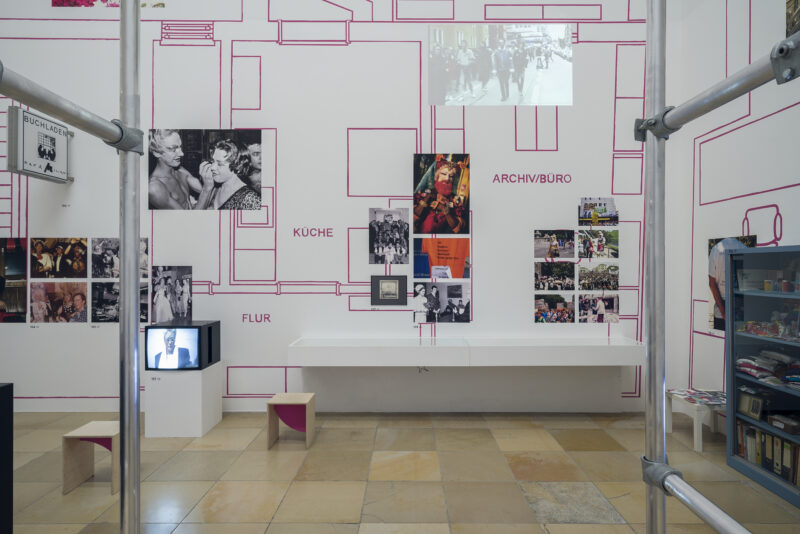
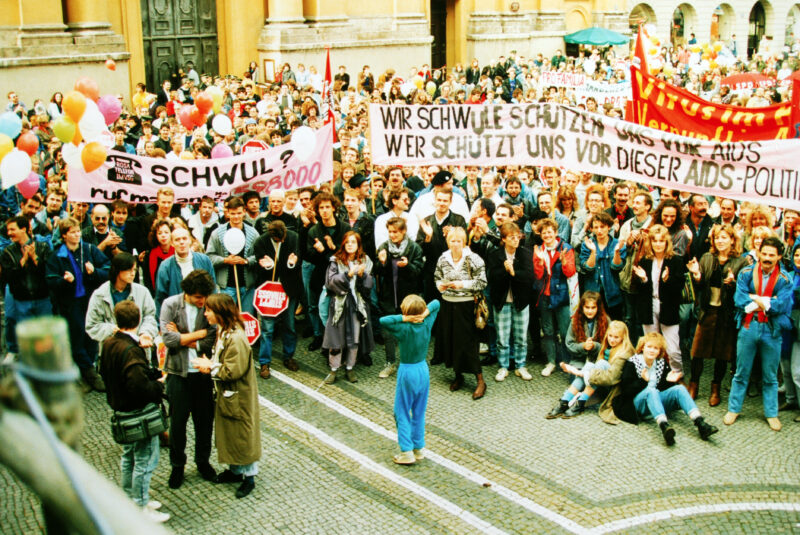
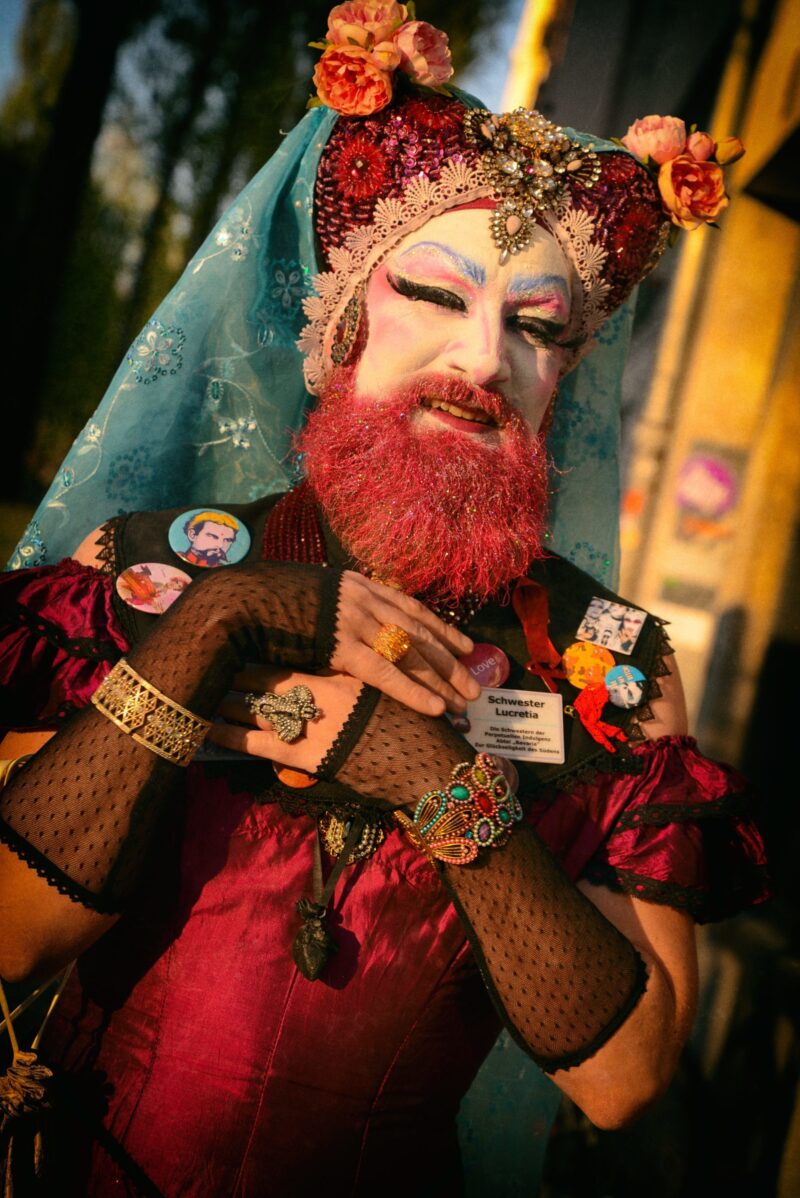
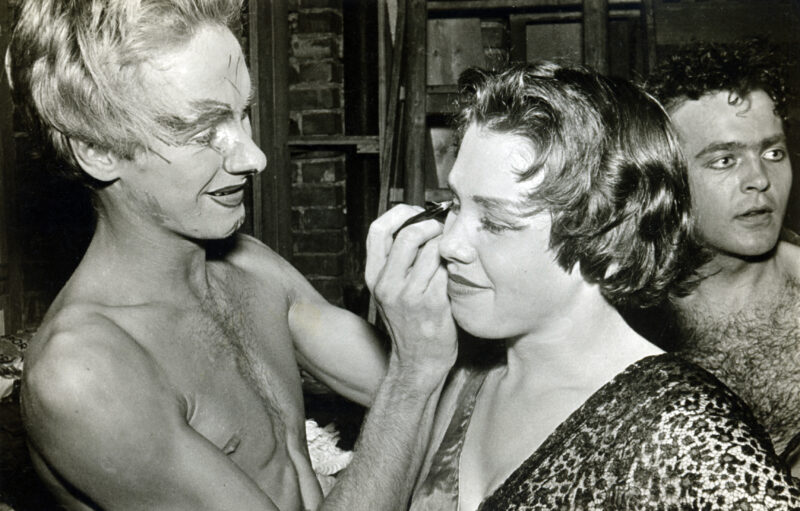
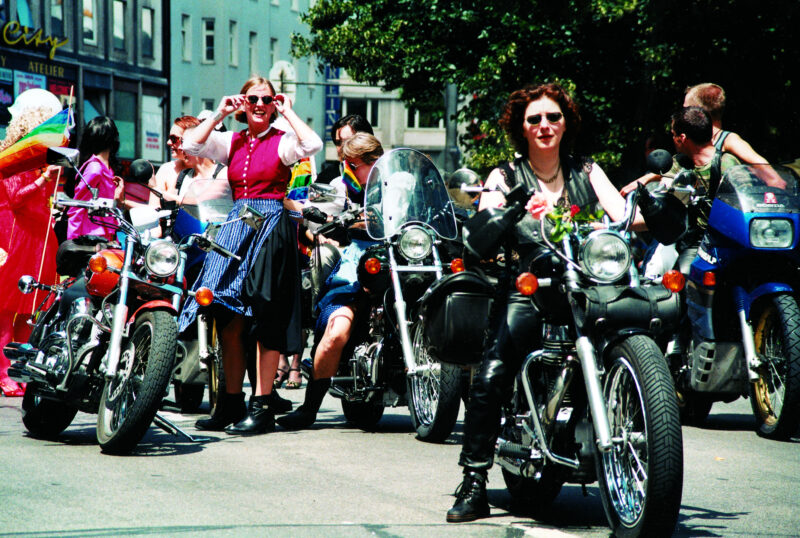
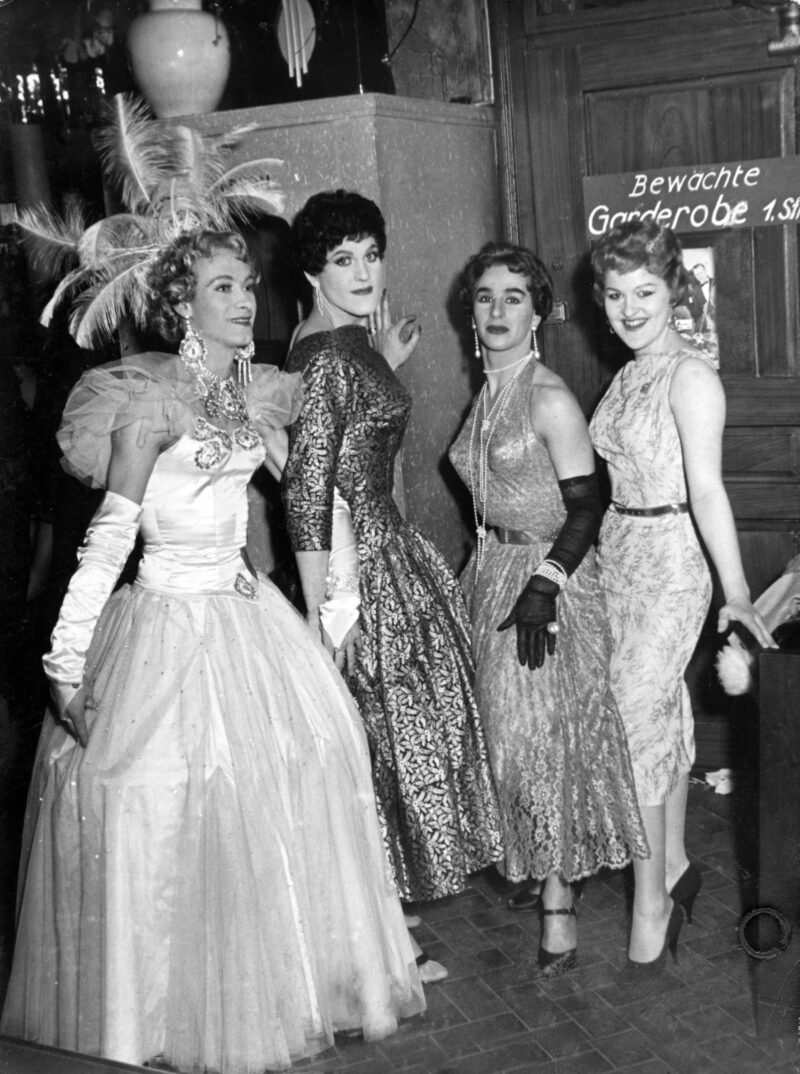
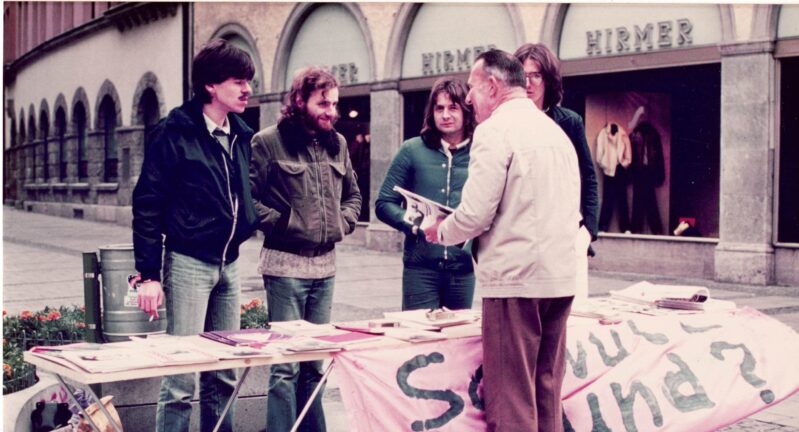
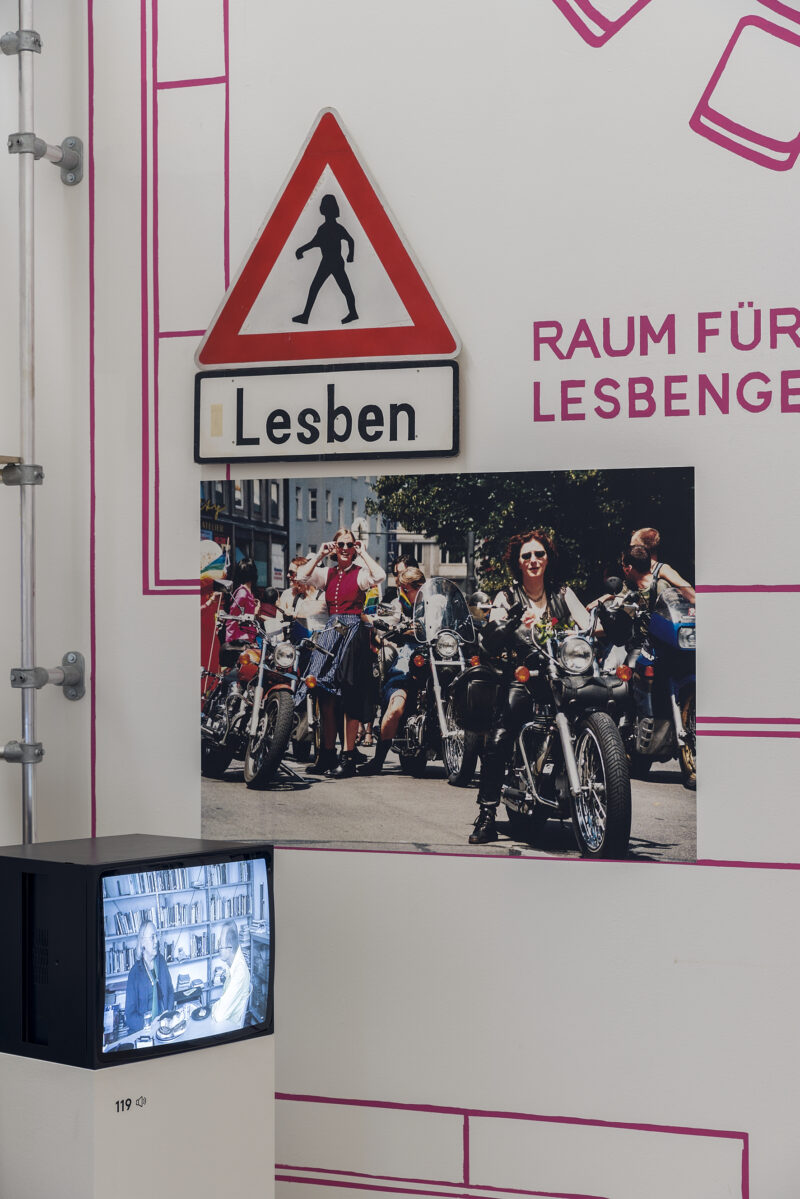
A video recording documents the first Christopher Street Day parade in Munich. Although the event seemed quiet, its participants made themselves visible in the cityscape for the first time and were sometimes eyed skeptically by passers-by on the side of the road. The acute AIDS crisis in the 1990s led to massive anti-gay developments, in the face of which the gay and lesbian movement mobilized a productive counter-public with campaigns such as "Gay – So what?".
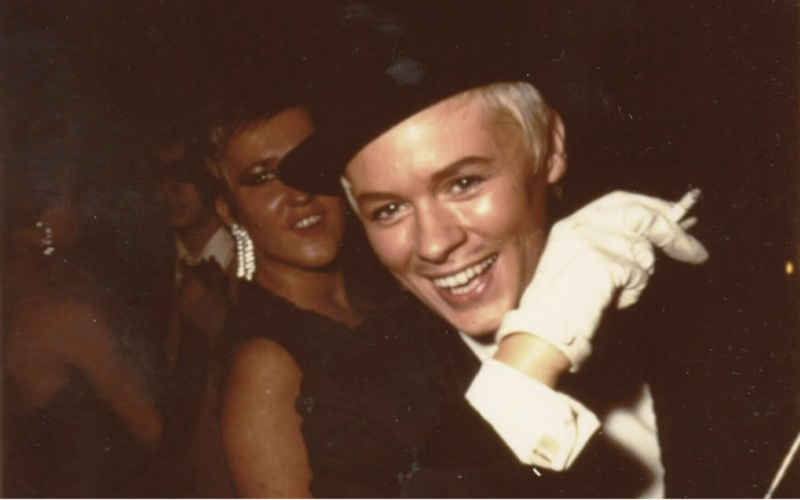
In addition to photographs of local political events and their protagonists, the Archive Gallery contains objects from the private, subcultural sphere. A sign with the inscription "Max & Milian" represents the bookshop of the same name, founded in Munich in 1989, which targeted a gay audience with its range of products. The exhibition gives visitors a glimpse into personal memories of weddings, carnival celebrations, club or pub nights, and even fetish gatherings, of well-known people of the queer scene such as Kristen Nielsen, Cosy Pièro, and Sister Lucretia. Images from "Walpurgis Night" in the 1980s tell of women's self-empowerment, of how they conquered the night as a public space. A photo album from the 1930s is not only a biographical souvenir of countless journeys and tender moments of love and friendship. The album, found at a flea market and purchased for the Forum, is also part of an overarching message. It is a reminder of what is worth fighting for: the right to live one's own life, to develop freely, and to openly show that love knows no conventional boundaries.
The exhibition "Archives in Residence: Forum Queeres Archiv München e.V." is designed to be polyphonic. Selected exhibits are conveyed with audio and video interviews of Forum actors as well as individuals.
Curated by Sabine Brantl
